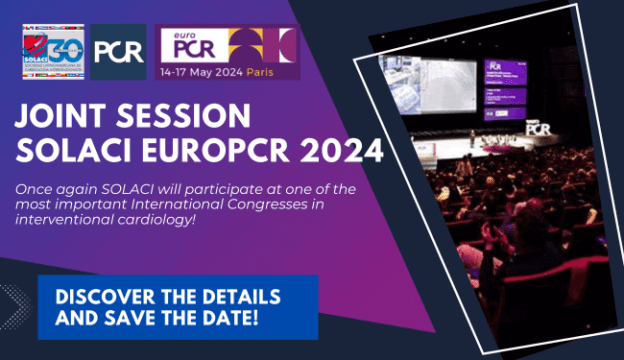Both Acurate Neo2 and its predecessor, Acurate Neo, have proven their safety and efficacy in the percutaneous treatment of severe aortic stenosis. The Acurate platform offers a lower gradient and a larger effective orifice area, as well as a low risk of periprocedural complications, according to previous registries.

However, the first-generation Acurate device had some limitations. Comparative studies between first-generation Neo and the second generation of other valves showed higher rates of paravalvular leak (PVL), resulting in an increased risk of clinical complications such as total mortality, cardiovascular mortality, and rehospitalization.
In response to this, the Neo2 system incorporated changes to reduce the incidence of PVL, facilitating positioning and improving anchoring with larger-diameter internal and external sealing skirts. Additionally, the presence of HALT (hypoattenuated leaflet thickening) detected by tomography was evaluated as a possible early indicator of subclinical valvular thrombosis.
The ACURATE Neo2 Post Market Clinical Follow-up (PMCF) study had previously reported a high procedure success rate (98.4%), with an all-cause mortality rate of 0.8% at 30 days (primary endpoint) and very low stroke rates (3.0%). Patients with chronic kidney disease IV or V, uncontrolled atrial fibrillation, or expected need for anticoagulant therapy were excluded from this study.
Read also: TAVR: High Implantation of Self-Expanding Valves Directly Impacts ECG.
The primary safety endpoint (PSE) was all-cause mortality at 30 days. The imaging PSE was the presence of HALT at 30 days.
The studied cohort included 250 patients between December 2020 and January 2022, 64% of whom were women, with an average age of 81 years. Successful implantation was achieved in 98.4% of the population followed for one year (with 89% patient follow-up).
Results showed an all-cause mortality rate of 5.1% (0.8% at 30 days), with stroke and disabling stroke rates of 3.0% and 1.3%, respectively. The need for reintervention due to valve dysfunction was 0.8%, with one case of device embolization and another case of moderate PVL at 30 days requiring balloon valvuloplasty.
Read also: Evolution of Bicuspid Valves at 12 Months.
In the studied cohort, there were two cases of thrombosis at one year, one of which experienced HALT. Symptomatic evaluation of patients with successful implantation revealed that 73% improved at least one functional class at one year, and 28% improved at least two functional classes. Additionally, EQ-5D quality of life scores also improved (n=198, ∆0.037±0.16; p=0.001).
There were post-implantation hemodynamic improvements from the beginning, maintained throughout the year. The baseline average aortic area was 0.7±0.2 cm2 and increased to 1.7±0.4 cm2 at one year. The baseline average gradient was 47.6±14.5 mmHg and decreased to 7.6±3.2 mmHg. Regarding PVL assessment at one year, 84% of patients had no PVL, 15% had mild leak, and less than 1% had moderate leak.
As for 4D computed tomography imaging at one year (n=153), some HALT estimation was observed in 32% at 30 days; 11.8% of cases showed severity greater than 50% leaflet involvement for at least one leaflet. The presence of HALT was not related to reduced leaflet mobility or hemodynamic changes.
Conclusions
In conclusion, the ACURATE Neo2 PMCF study showed sustained safety with the Neo2 platform. Mortality and disabling stroke rates are comparable to those of other real-world cohorts in transcatheter aortic valve replacement registries.

Dr. Omar Tupayachi.
Member of the Editorial Board of SOLACI.org.
Original Title: Outcomes and performance of the ACURATE neo2 transcatheter heart valve in clinical practice: one-year results of the ACURATE neo2 PMCF Study.
Reference: Kim WK, Möllmann H, Montorfano M, Ellert-Gregersen J, Rudolph TK, Van Mieghem NM, Hilker M, Amat-Santos I, Terkelsen CJ, Petronio AS, Stella P, Götberg M, Rück A, Kasel AM, Trillo R, Appleby C, Barbanti M, Blanke P, Asch FM, Modolo R, Allocco DJ, Tamburino C. Outcomes and performance of the ACURATE neo2 transcatheter heart valve in clinical practice: one-yearresults of the ACURATE neo2 PMCF Study. EuroIntervention. 2024 Jan 1;20(1):85-94. doi: 10.4244/EIJ-D-23-00823. PMID: 37982152; PMCID: PMC10756225.
Subscribe to our weekly newsletter
Get the latest scientific articles on interventional cardiology





